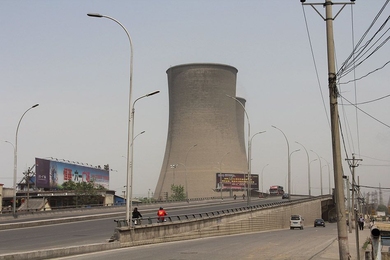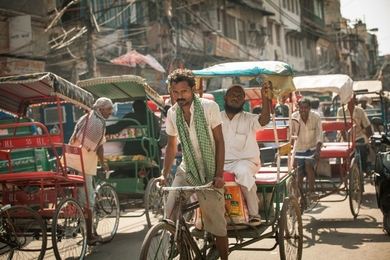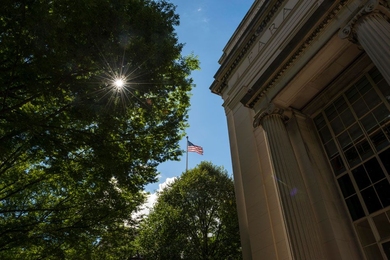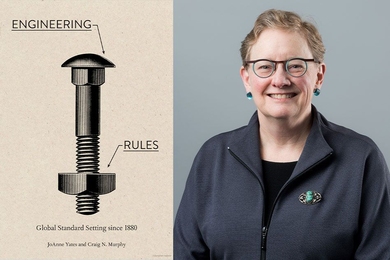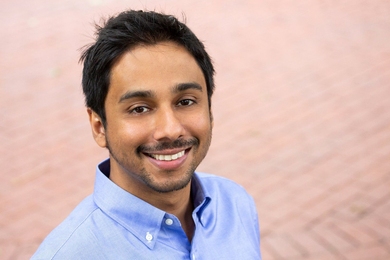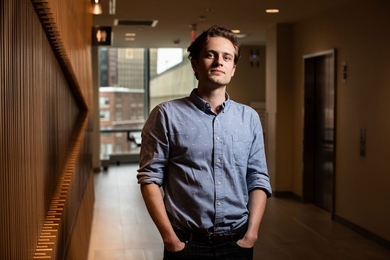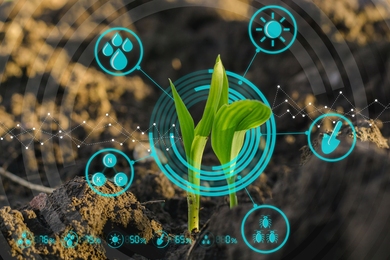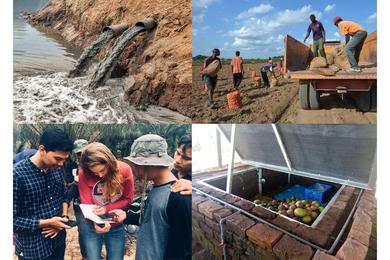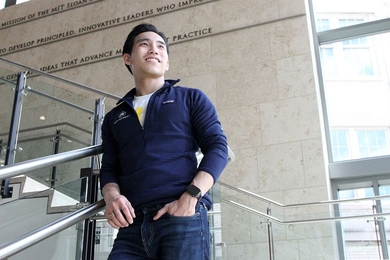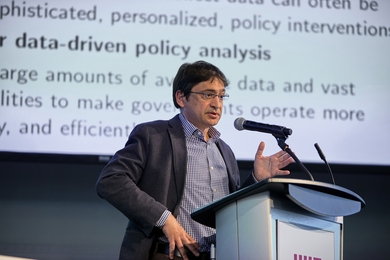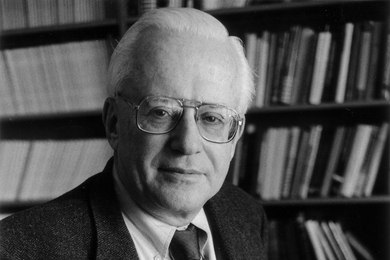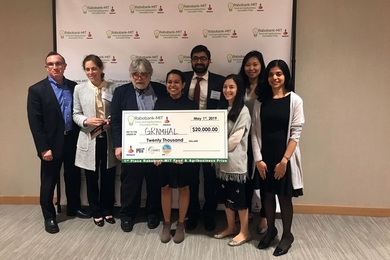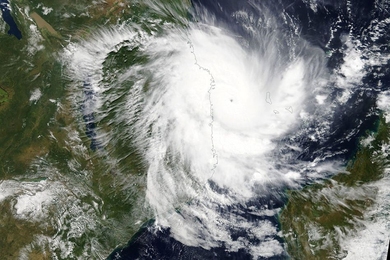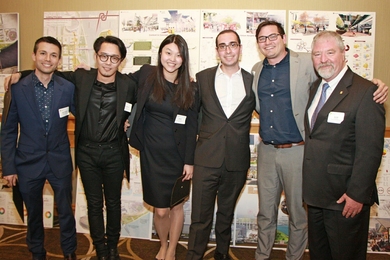Among India’s working poor, sobriety may boost savings
Economist’s study of rickshaw drivers shows effects of alcohol consumption on financial decision-making.
QS ranks MIT the world’s No. 1 university for 2019-20
Ranked at the top for the eighth straight year, the Institute also places first in 11 of 48 disciplines.
Engineers set the standards
MIT business historian’s new book chronicles the emergence of global standardization in technology.
Dwaipayan Banerjee receives 2019 Levitan Prize in the Humanities
Award will support research for "A Counter History of Computing in India."
A behavioral economist explores poverty and development
Doctoral student Pierre-Luc Vautrey investigates how incorrect beliefs shape economic decision-making.
Empowering African farmers with data
Research from the Institute for Data, Systems, and Society aims to help African farmers increase their production and profits with better prediction.
J-WAFS announces seven new seed grants
Nine principal investigators from MIT will receive grants totaling over $1 million for solutions-oriented research into global food and water challenges.
Merging financial savvy and engineering solutions
Sloan Fellow and world citizen James Fok wants to bring financial technology to the global marketplace.
Building a community for statistics and data science at MIT and beyond
Third annual MIT Statistics and Data Science conference gathers a growing interdisciplinary community of researchers and practitioners.
Franklin Fisher, professor emeritus of economics, dies at 84
Celebrated economist advanced economic theory, econometrics, and the study of industry and firm behavior.
Mobile solution for farmers and plan for global shrimp marketplace win agribusiness prize
Seven finalist teams pitched their business ideas at the Rabobank-MIT Food and Agribusiness Innovation Prize competition.
Study: For low-income countries, climate action pays off by 2050
Economic benefits of mitigation arrive much sooner than previously thought.
David Autor awarded Carnegie fellowship
MIT economist will study U.S. demographics and the urban-rural split in contemporary society.
Grad students win Urban Land Institute challenge
Their winning 2019 Hines Student Competition entry readies an urban space for the future while preserving the past.
